
Best Tips for Good Bone Health
Think of your bones as an investment. It is unanimously agreed that our bones reach peak density during one’s thirties. Until then, all the calcium and phosphate you take in is stored in our bony reservoirs. After thirty, however, our bones begin a natural process of depletion. At this point, the minerals you take in can only go as far impede the extent of bone loss. Going back to our investment analogy, we are all encouraged to save up during our youth, so that we have adequate funds to draw at leisure following retirement. Let’s translate that to bone health and look at some of the things you can do keep your skeleton at peak performance throughout your life.
1. Drink Milk
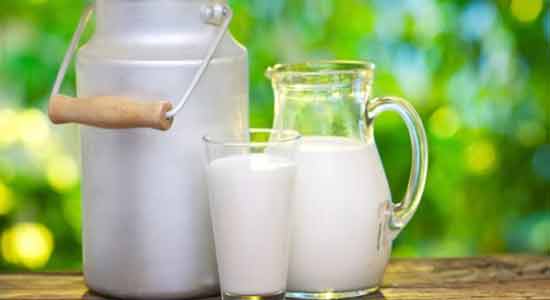
Milk is said to be the foundation of healthy bones, and for good reason. We all know that milk is rich in calcium, but it’s perhaps the Vitamin D that’s as important. If you are not a fan of milk, here are some best ways to build strong bones without dairy.
2. Check Your Vitamin D Levels
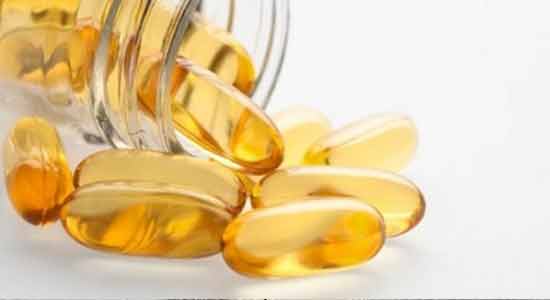
Vitamin D is essential for calcium absorption in the gut—without it, all the calcium you drink in milk gets wasted. Commercial milk and juice brands often fortify their milk with Vitamin D, as it is not present in high quantities initially. Vitamin D can be made naturally in our skin on exposure to sunlight, as well.
3. Eat Yogurt for Bone Health
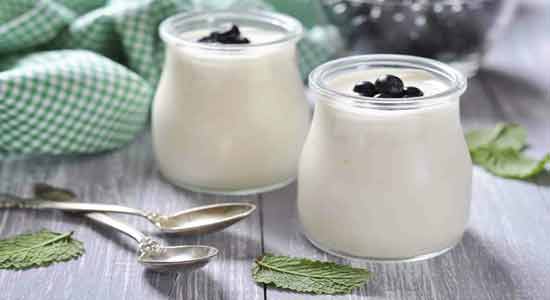
Yogurt should be a staple in your fridge. It, too, is a generous source of both Calcium and Vitamin D. The National Osteoporosis Foundation strongly recommends 1000mg of Calcium for women under the age of fifty and men under age of the seventy. Above that age cutoff, the requirement goes up to 1200 mg. This goes hand in hand with a Vitamin D requirement of 400-800 IU per day.
4. Figs Promote Bone Health
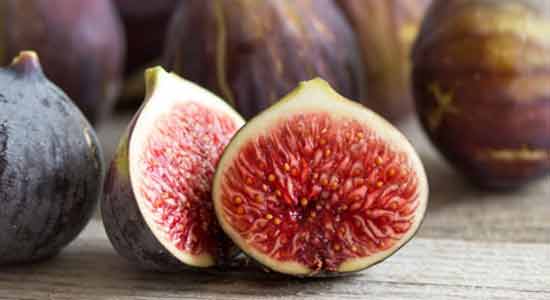
Dried figs are one of the best sources of calcium. The human body requires around 1000mg of calcium per day to meet the daily requirement of the mineral. Most often, we fail to meet this requirement despite having milk, which is the richest source of calcium. Therefore, it is important to add other foods rich in calcium into your diet such as Anjeer.
5. Quit Smoking

Smoking has been correlated with decreased bone density, particularly in women, and that’s because it decreases levels of estrogen; estrogen is a hormone in the body that literally prevents bone breakdown.
6. Cut Down Sodium

Cutting down on processed foods, or generally any foods rich in sodium, can go a long way to help your bones, and that’s, because foods rich in sodium drain the calcium from your body when they bind to it in the kidneys, excreting it out as urine. Taking in too much salt literally results in you flushing your precious calcium down the toilet. Keep that salt shaker off the table.
7. Exercise for Strong Bones
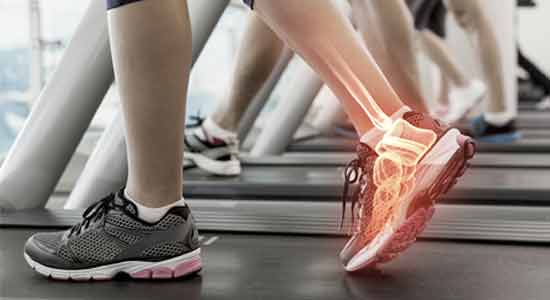
Exercise has long since been considered a way to maintain strong bone density. High-impact exercises, especially, go a long way in stimulating osteoblasts, the cells that build bone. High-impact sports include anything that involves lots of running, so most sports classify, especially squash, tennis and basketball. If that’s not really your style, even brisk walking, or simply jumping rope, will suffice. Don’t discount resistance training (lifting weights). When you lift weights, you strain the tendons which are attached at one end to muscles, and the other end to the bone. This again stimulates your osteoblasts to work in hyper drive. An added bonus is that squats and other lower-body workouts stimulate the growth of stabilizer muscles, those muscles responsible for maintaining balance, so that will decrease your likelihood of a fall, which could have disastrous effects if you’re osteoporotic.
Here are some dairy-free sources of calcium.

